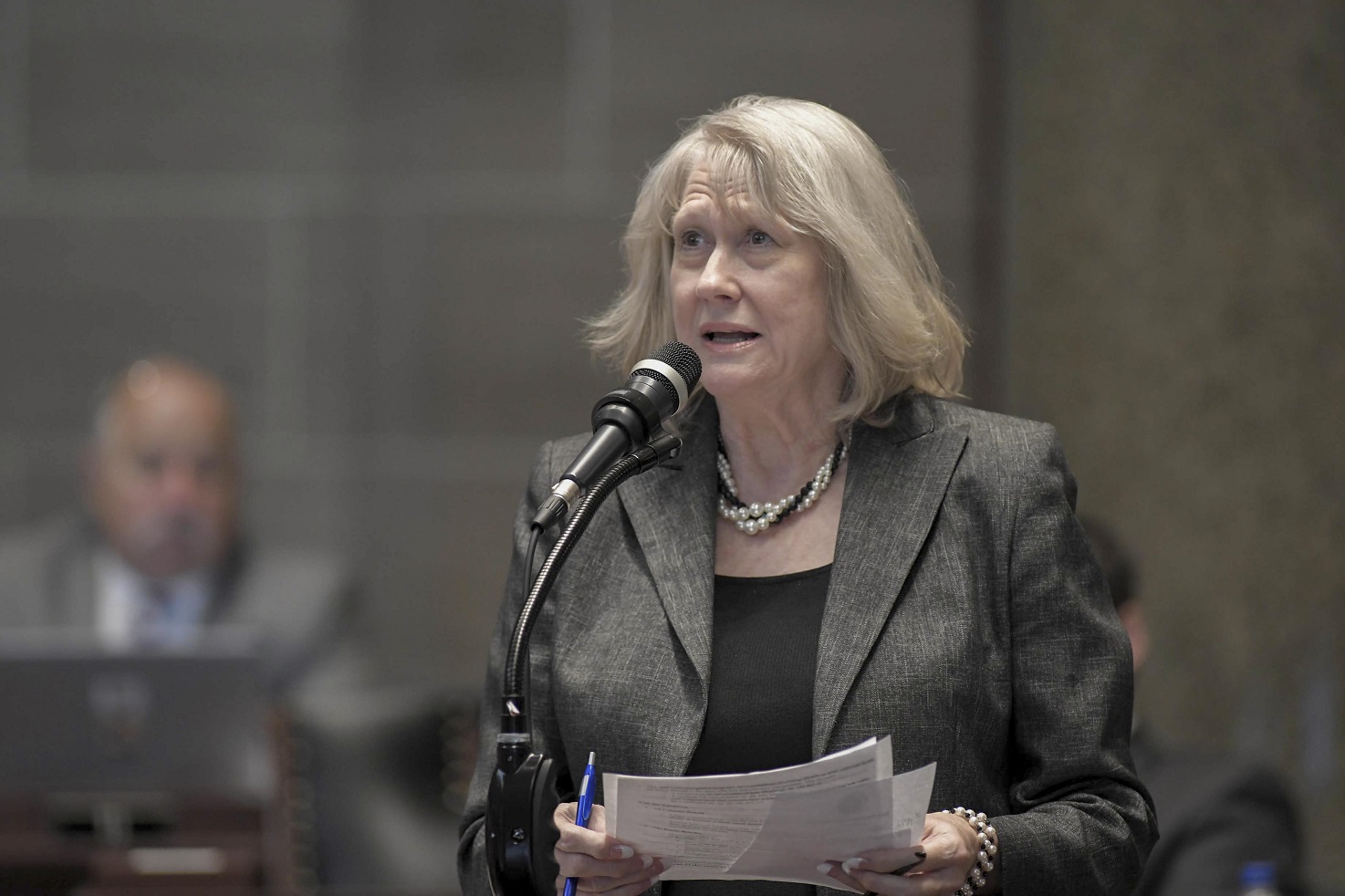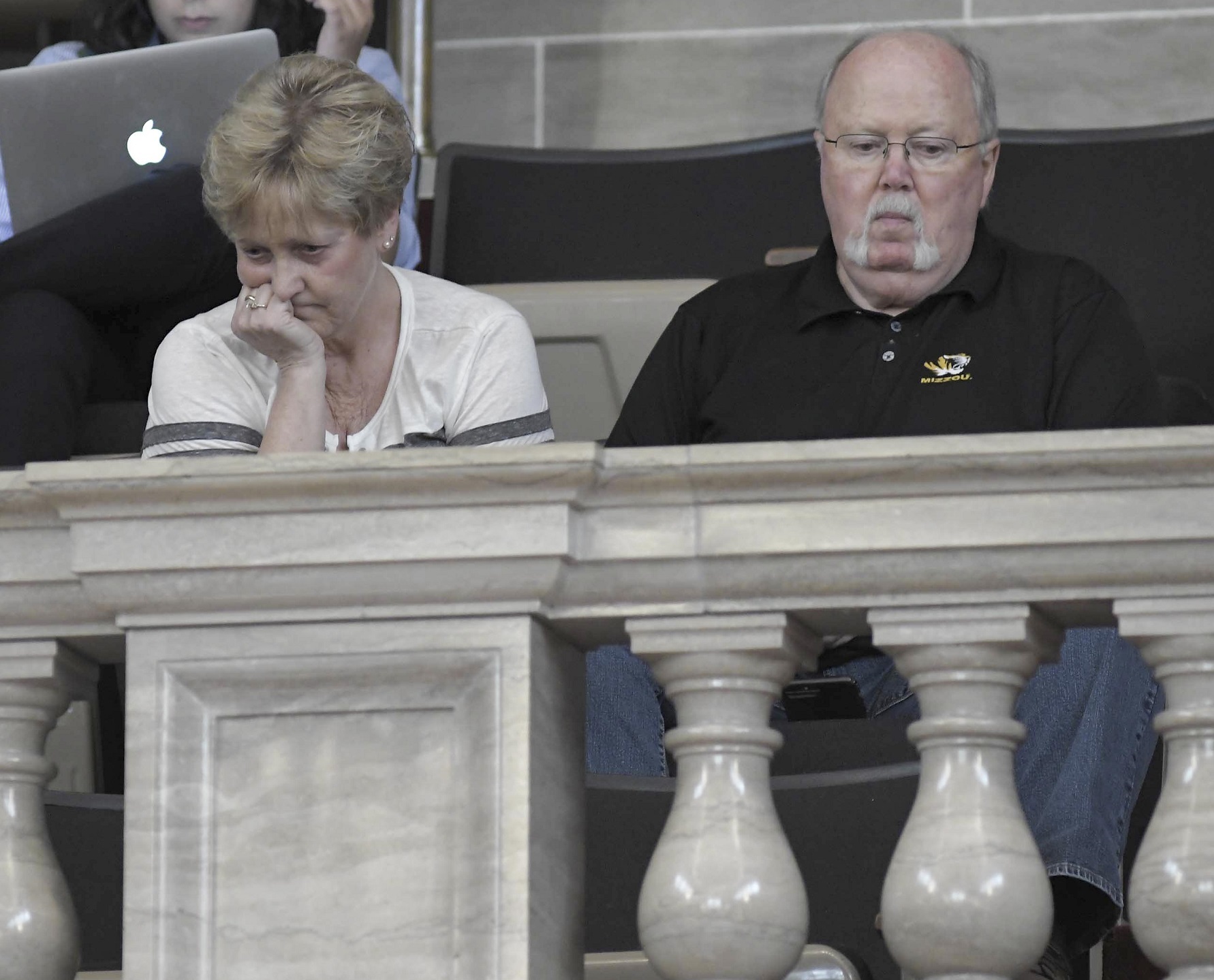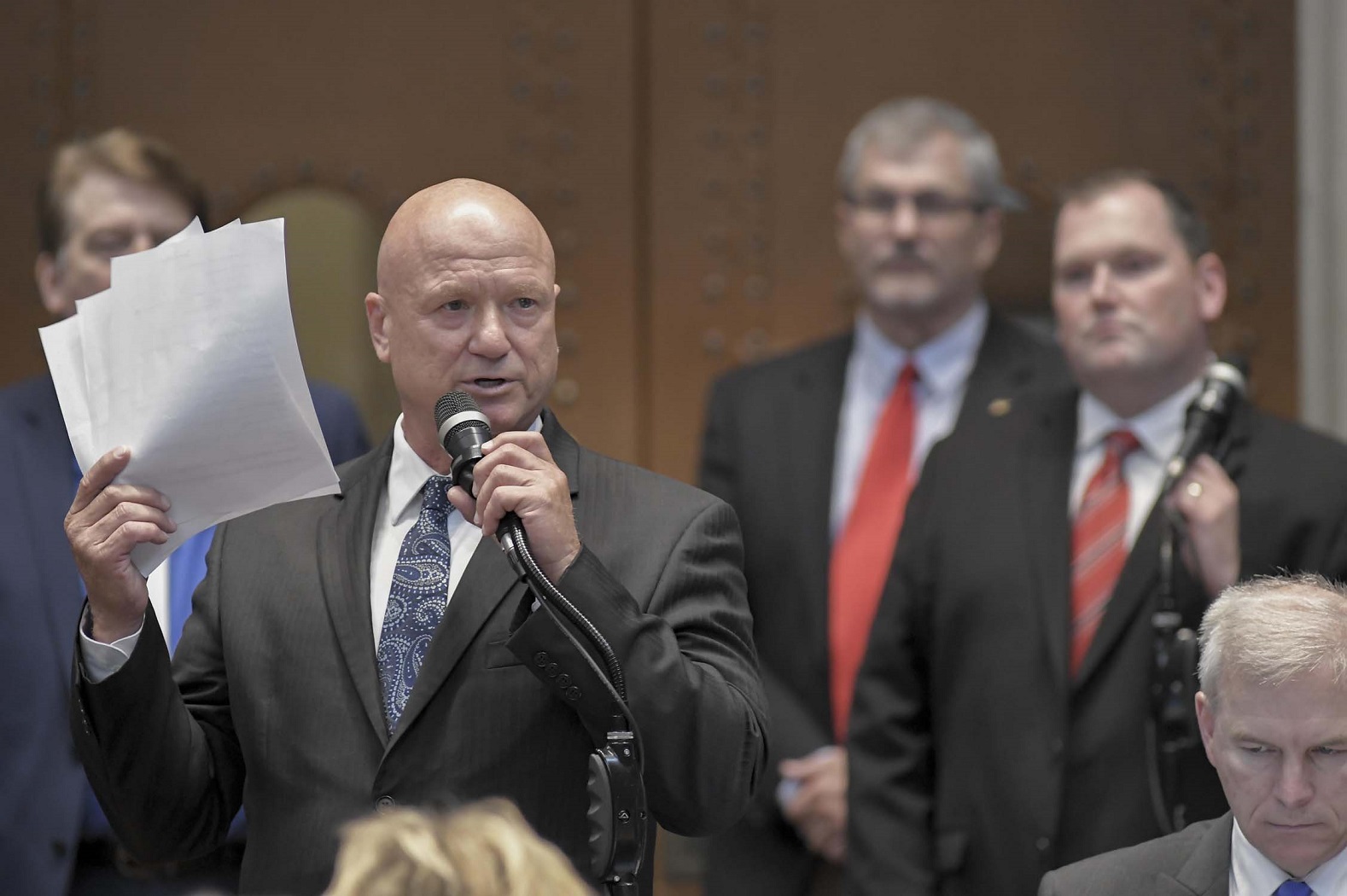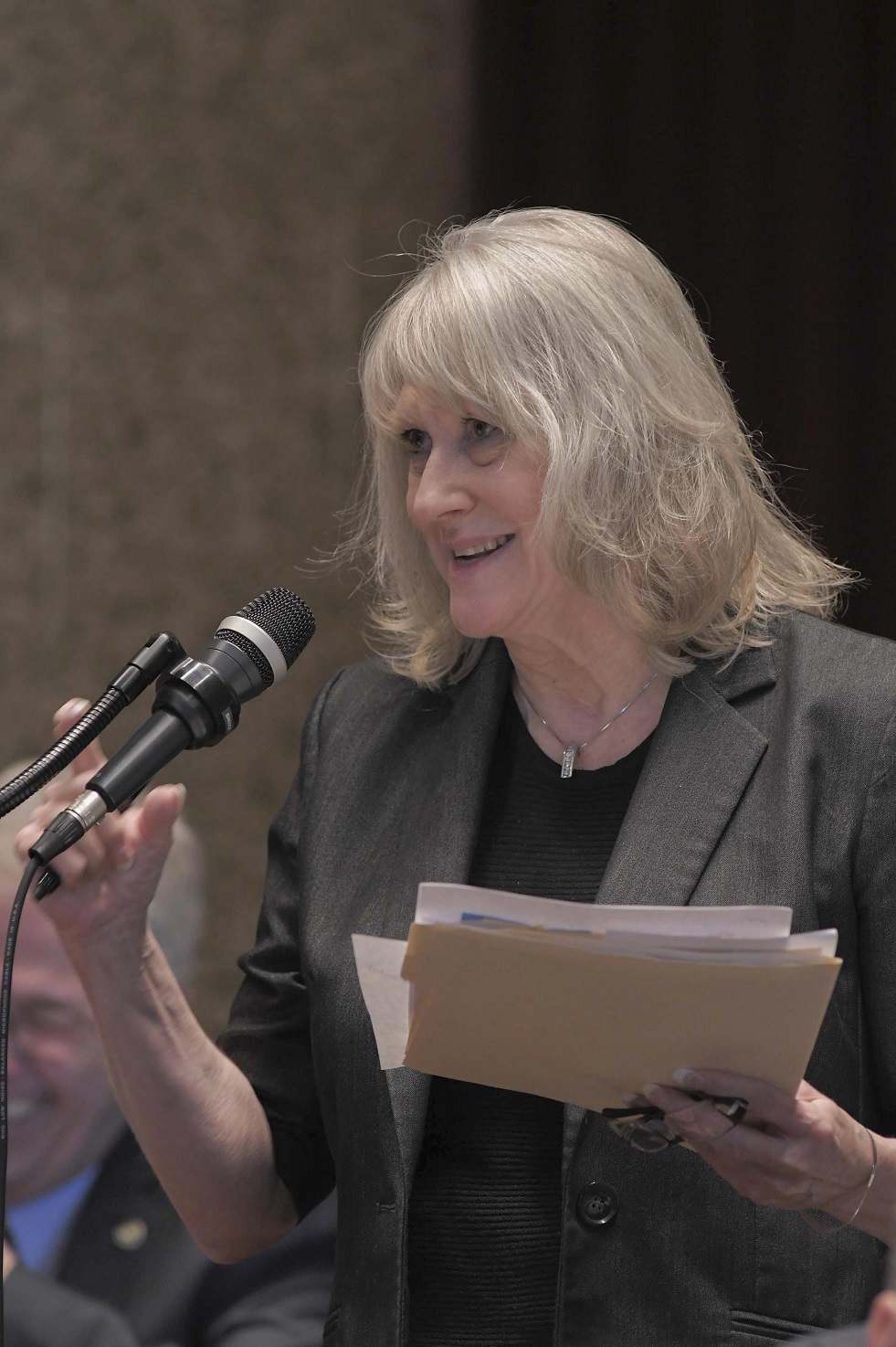An issue that has faced lawmakers and the state’s counties for about two decades might finally have been addressed, as the Missouri House on Friday completed passage of a proposed statewide way to pay for 911 services. This makes the first time such a bill has been approved by the legislature and sent to a governor.

The issue consumed much of Representative Jeanie Lauer’s (R-Blue Springs) eight years in the House. On Friday, as she is about to leave the chamber due to term limits, she got to see her work culminate in the passage of House Bill 1456.
The heart of the issue is that most 911 services in Missouri are paid for by charges on landline phones. As fewer and fewer people have landlines, the amount of money each county receives to support local 911 has diminished, but efforts to charge the ever increasing number of cell phone users often met with too much resistance to pass. Missouri has for years been the only state that doesn’t have a statewide 911 funding mechanism.
Lauer said that’s because there are so many players involved in deciding what such a mechanism should and should not include, it took years to come up with something they – and legislators – would all support.
“We have 114 counties and 163 representatives and 30-some senators, and everybody has something different that we’re trying to address and make sure that we can accommodate in the legislation so that everybody can be safe in Missouri,” said Lauer. “It has been rather complex – a little bit like a Rubik’s Cube putting it together – but it came together and it is so, so exciting to have that done.”
The funding plan in HB 1456, Lauer hopes, will not only allow Missouri to have 911 service statewide – a handful of counties have no service at all – but will also allow counties to have the latest 911 technology. That would allow emergency responders to do things like locate cell phones when a caller can’t give his or her location, receive texts, and other upgrades and functions that many Missouri counties haven’t been able to afford.
The issue has been an emotional one for Lauer. In the eight years she’s worked on it she’s heard multiple stories of people who were in need of emergency services and their outcomes were worsened because they were in a part of Missouri where no 911 service exists, or they couldn’t be located because the 911 service hadn’t been upgraded.
Lauer and other lawmakers have seen several 911 funding proposals fail over the years, either for lack of support or by running out of time in the final days of a session.
HB 1456 would allow counties and certain municipalities in Missouri to seek voter approval for a fee of up to $1.00 on any device that can contact 911. Areas adopting this new funding source would replace their current 911 funding source; they could not keep both.

The bill would create a 3-percent charge on the purchase of prepaid phones, to go toward 911 funding. A portion of that money would go to 911 service in the county the phone was bought in; the rest would go to a statewide fund to support and improve 911.
The bill would also address the need for 911 facilities in many parts of the state to consolidate. Lauer said in Missouri’s 114 counties there are 185 Public Safety Answering Points, or PSAPs.
Under the bill, where consolidation is needed, voters could not be asked to approve a new funding stream unless a plan for consolidation is developed. Lauer says some locations are ready to consolidate but need the bill to be passed to make it possible.
Now that legislature has voted to send the bill to Governor Eric Greitens, Lauer is hopeful it will be signed into law.
Greitens could sign the bill into law, veto it, or allow it to become law without his consent.
Earlier story: Term-limited House members hopes for, at long last, statewide 911 funding solution’s success








